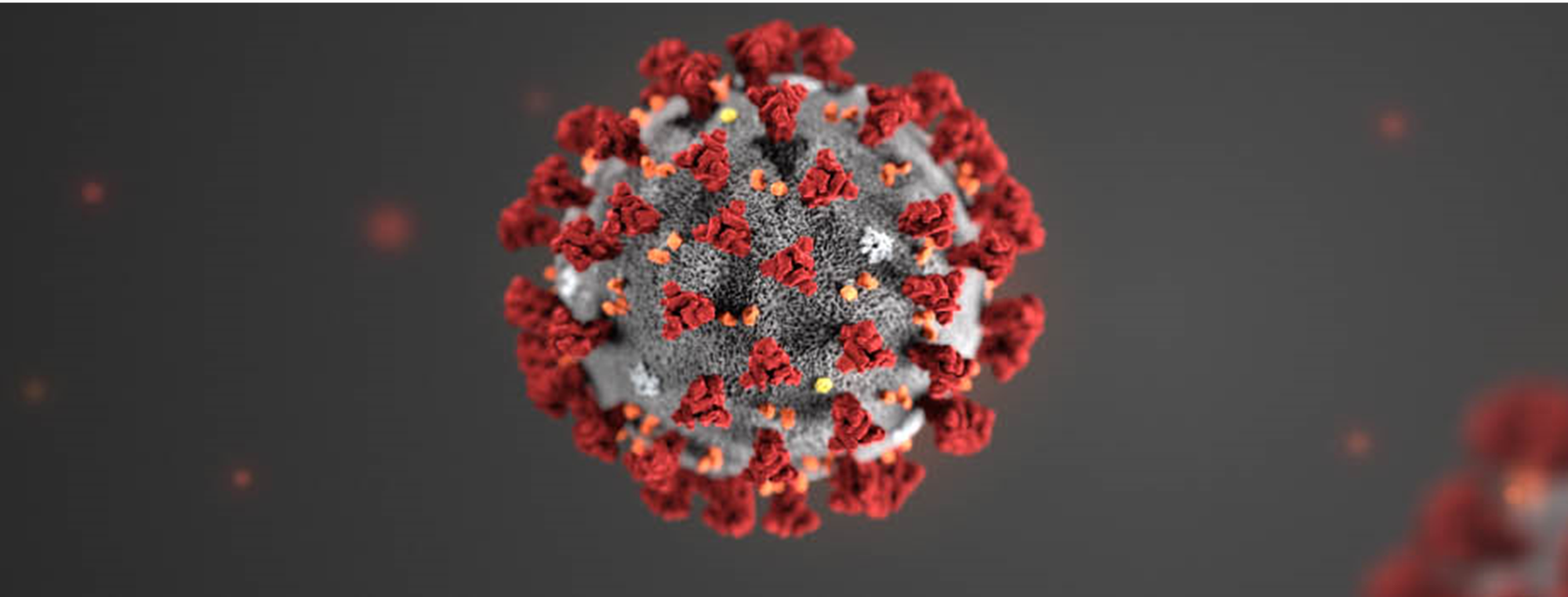
Dr. Kira Mauseth presented the second of two webinars on the provision of health care in disasters, with a focus on the COVID-19 pandemic and the behavioral health workforce.
This webinar is appropriate for anyone working in behavioral health, community, crisis or direct care settings.
Participants will :
Understand common terminology associated with the provision of health care in disasters
Learn about Crisis Standards of Care and the implications for Behavioral Health
Recognize and engage in effective management techniques for Burnout, Compassion Fatigue and Moral Injury.
MEDIC, REST, and SAFE Models
Families, Children, and Teens:
Behavioral Health Toolbox for Families: Supporting Children and Teens During the COVID-19 Pandemic
Behavioral Health Group Impact Reference Guide: Families and Children
Emergency and Healthcare Workers:
Coping During COVID-19 for Emergency and Healthcare Professionals
Healthcare, behavioral health, outreach teams, post-vent individuals
Unique challenges/considerations
Support strategies (organizational, supervisory, personal)
Businesses and Workers:
Training:
Health Support Team (including train-the-trainer)
PsySTART-Responder (frontline healthcare only)
For information on trainings, please reach out to the Behavioral Health Strike Team at [email protected].
Webpages:
DOH – Forecasts, situation reports, guidance, and other resources:
State – General mental health resources and infographics:
 Dr. Kira Mauseth is a practicing clinical psychologist who sees patients at Snohomish Psychology Associates, teaches as a Senior Instructor at Seattle University and serves as a co-lead for the Behavioral Health Strike Team for the WA State Department of Health. Her work and research interests focus on resilience, trauma and disaster behavioral health. She has worked extensively in Haiti with earthquake survivors, in Jordan with Syrian refugees and with first responders and health care workers throughout Puget Sound the United States. Dr. Mauseth also conducts trainings with organizations and educational groups about disaster preparedness and resilience building within local communities.
Dr. Kira Mauseth is a practicing clinical psychologist who sees patients at Snohomish Psychology Associates, teaches as a Senior Instructor at Seattle University and serves as a co-lead for the Behavioral Health Strike Team for the WA State Department of Health. Her work and research interests focus on resilience, trauma and disaster behavioral health. She has worked extensively in Haiti with earthquake survivors, in Jordan with Syrian refugees and with first responders and health care workers throughout Puget Sound the United States. Dr. Mauseth also conducts trainings with organizations and educational groups about disaster preparedness and resilience building within local communities.
Want more information? Visit the Northwest MHTTC's Resource Library and Websites by Topic and sign up for our monthly newsletter for regular updates about events, trainings, and resources available to the Northwest region.